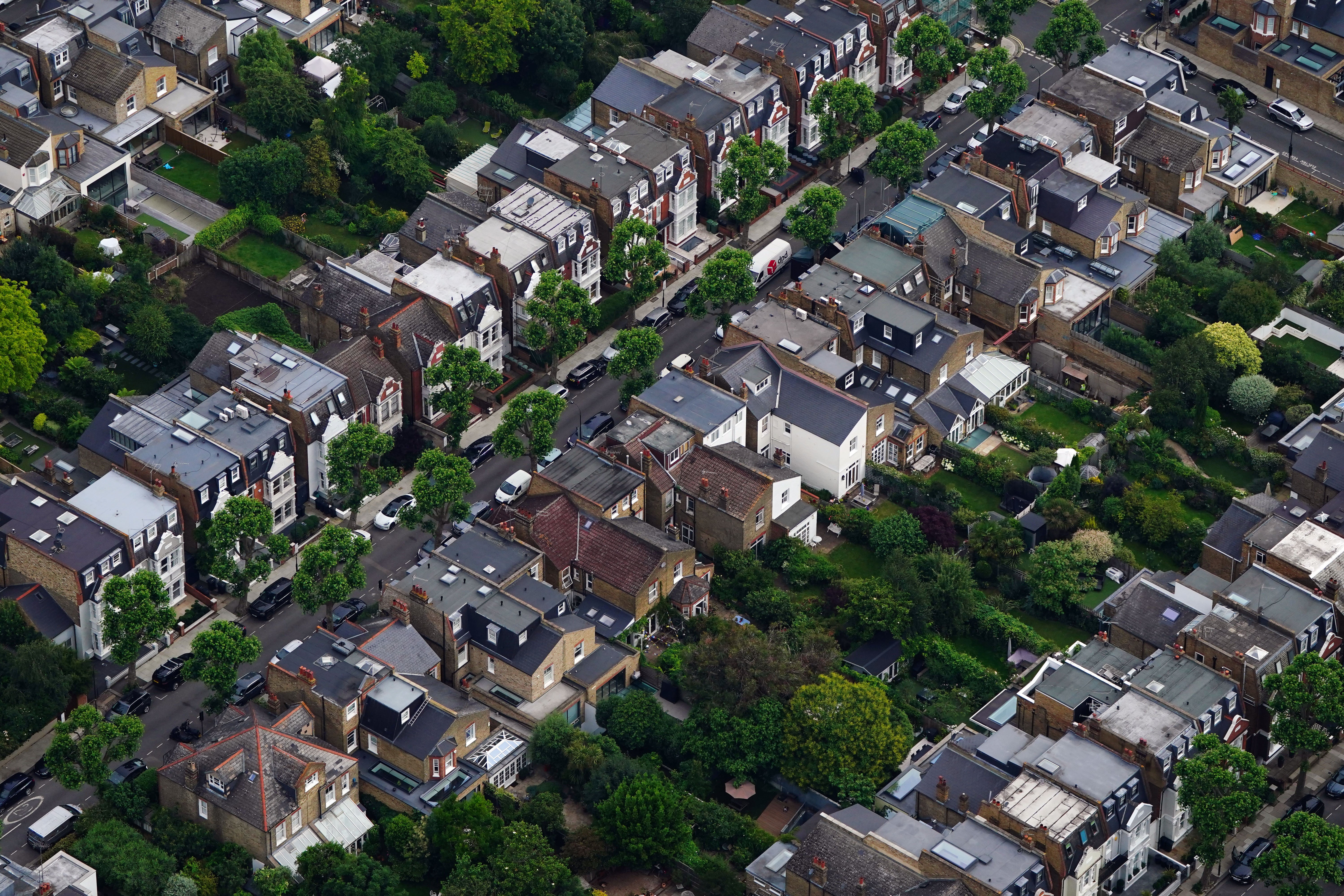Landlords demand rent guarantees as living cost crisis hits tenants
Requests have risen 27 per cent as landlords seek to protect themselves financially

Soaring rental costs, tumbling availability, and economic uncertainty is fuelling the increasing demand for rent guarantees as cautious landlords seek to protect their revenues from the knock-on effects of the cost of living crisis.
The number of landlords asking for a guarantor has risen by 36 per cent in four years, according to new data. At the same time the average cost of rent reached a 13-year high of £969 in the last quarter of 2021, an 8.3 per cent annual rise, Zoopla has warned.
Rent now accounts for 37 per cent of gross income for a single earner and average rents have risen 12 per cent in the past five years.
On top of rising housing costs, both renters and homeowners are also facing rising prices on everything else, including food, energy bills, and national insurance.
Usually, a guarantor may be requested if the tenant is a student, or has a low income, but the figures from lettings platform Goodlord show that of 730,000 non-student tenants, almost 12 per cent were asked for a guarantor in 2020.
But despite the economy recovering since then, with growth of 7.5 per cent in 2021, according to the Office for National Statistics (ONS), Goodlord says requests for guarantors have continued to rise - up 13 per cent in 2021.
Tenants are facing an impossible situation whereby they must find the money to pay higher housing costs, in the middle of a cost-of-living crisis.
The idea of owning a home themselves is also becoming further out of reach. This is due to rock-bottom interest rates eating away at any savings they have. With inflation currently at 4.8 per cent, there are no savings accounts that can beat this.
House prices are also continuing to rise, largely due to a lack of availability and soaring demand. They rose 11.2 per cent year-on-year in January, the highest monthly figure for 17 years, according to Nationwide.
Get a free fractional share worth up to £100.
Capital at risk.
Terms and conditions apply.
ADVERTISEMENT
Get a free fractional share worth up to £100.
Capital at risk.
Terms and conditions apply.
ADVERTISEMENT
The average house price is now £255,556, which would usually require first-time buyers to have at least £25,000 saved as a deposit.
Knock-on rent hikes, increasing taxes, a 54 per cent increase in energy bills and the rising cost of other everyday items ranging from food to fuel risk are shredding the average tenant’s finely balanced budgets. On top of this, tenants can and are being asked to provide a guarantor if a landlord or estate agent wants some extra security to protect rental payments.
In 2020 the economy crashed, millions lost their jobs or were furloughed, and many people were unable to work because of the virus.
This resulted in landlords becoming more stringent with potential tenants and asking for a guarantor is one way to secure a tenant’s rent if they are unable to pay.
Meanwhile, the UK has witnessed a steady increase in the cost of rent. As rental costs are still rising, guarantor requests have not slowed down despite the economy recovering since 2020.
Guarantors can be requested for anything from a tenancy agreement to a personal loan. A guarantor agrees to make payments if a tenant can’t pay their rent, such as if they lose their job or are unable to work.
However, while it can be a useful way to help someone out, it’s important both parties are fully aware of how the agreement works.
The guarantor, for example, may end up paying any due rent until the end of the tenancy if the tenant isn’t able to. In some cases – such as if a guarantor is named on a mortgage – their own home may need to be used as security against a loan.
Blake Richmond, managing director of referencing at Goodlord, comments: “Naming a guarantor can be a positive thing and enable a greater spectrum of tenants to access housing, however it can add complications to the rental process and is something that should only be requested when genuinely needed, lest we create unnecessary barriers to entry in an already competitive rental market.”
Around 13 million people privately rent in the UK yet despite the problems of affordability, many renters are also still facing poor living conditions, unfair rent rises, and a lack of stability and security.
The UK’s rental market is often criticised, especially when compared to renters’ rights in Europe, and many organisations, including Shelter, have been campaigning for years for new regulation to be introduced to the rental market.
Some change is coming under the Renters Reform Bill, which is expected to ban no fault evictions, whereby a landlord can end a tenancy contract without reason, but this has not yet been made law due to pandemic-related delays.
Join our commenting forum
Join thought-provoking conversations, follow other Independent readers and see their replies
Comments
Bookmark popover
Removed from bookmarks